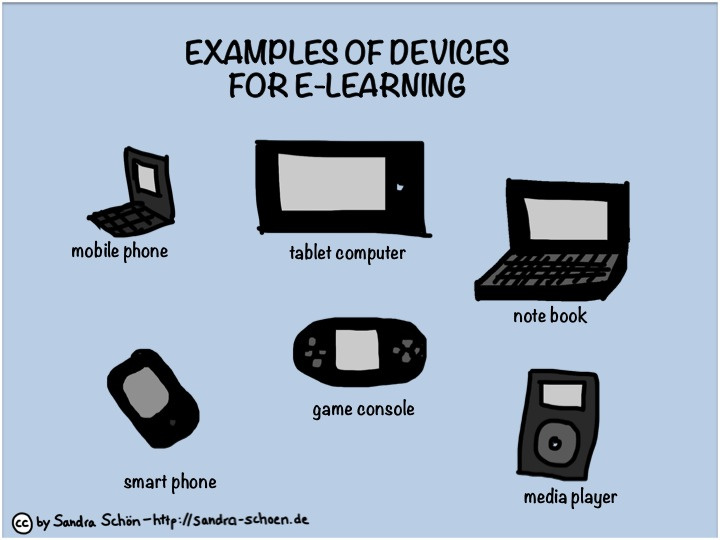[dropcap]So[/dropcap] I went to Bett last Thursday to take part in a panel session on Mobile Technologies in Higher Education: http://www.bettshow.com/Seminar/Spotlight-on-mobile-technology-Utilising-and-integrating-to-improve-teaching-and-learning
But, actually this post isn’t really all about Bett, but about some of the conversations that took place prior to and after the panel session and the process of getting “better” at what we do.
Prior to the panel session I have been leading on a Change the Learning Landscape supported project, exploring the deployment of tablet devices to over 380 staff & students as part of some internal research helping to inform our future decision making around mobile device use in learning & teaching. The focus of this work was to see what happens when you provide staff and students with the same device as a 1to1 deployment.
Some of the research from this project will be published over the next few months, but an outcome of the project is the realisation that learning & teaching activity should be a fundamental component of any educational institution’s IT Strategy conversations.
So during the panel session I said that I very much believe that in order for technology to really make a difference in learning & teaching it has to influence the wider IT strategy of any educational establishment.
Conversations after the panel sessions led me to explore a bit further where we are in the sector with regards to university IT strategies and these are some of my early observations.
If you explore the sectors IT strategy documents (of which there are many variations) learning & teaching certainly factors into many of them but often talks about “providing”, “deploying” or “making available” technologies to support improved communication etc etc. What they often fail to mention is whether the learners & teachers will be able to inform the choices around the technologies being provided in a meaningful way.
You could argue that perhaps the IT strategy document is not the place for such detail, but I disagree as a strategy should define how it intends to ensure appropriateness of technology and acknowledge the range of stakeholders requirements.
Of the 15+ strategies I have been able to source so far (available here if you want to have a look and noting that these are all publicly available) only a handful reference working with learning & teaching / e-learning strategies or expertise. Early observations from nearly all of the strategies (and I am currently working through them in more detail) is that they very much focus on the business needs of the University. This is quite understandable as managing huge amounts of data is challenging (and costly when it goes wrong) and we are seeing an ever increasing focus on “customer” experience. In fact many of the strategies talk about student experience or student journey and how IT will improve one (or both) but with a focus on the wider customer experience. Yet my experience is that the heart of the student experience is usually at the course level, where the learning lives, this is where students live and breathe their University experience.
The tablet project taught us much, firstly that course level experiences such as this are both transformative and informative. Transformative in the sense that, in some settings, it altered the relationship between learner & teacher, where we saw a role shift and the student became teacher and the academic became the learner. Informative because it is helping us shape our discussions and ideas around our own IT Strategy and policies. It allowed us to explore what it was like to inform our decision making through applied research and “real life” experiences at the front lines of learning & teaching.
A number of recommendations have come out of this experience, but 3 of the most important ones focus on how we shape our future vision of digital learning:
- That we establish a digital learning forum, open to anyone in the University to share ideas and experiences. It is not a formal committee but a conduit for open conversation and discussion around the use of digital tools and services for all of our staff.
- Working with the students’ union we seek to establish student digital champion roles. In the tablet project we recognise the valuable contribution that students have to make in terms of the digital literacy development of our staff.
- Through the Centre for Learning & Teaching seek to develop a digital innovation fund which allows for staff & students to put forward proposals for piloting digital tools and services to help inform technology purchase and implementation .
What is most important is that our staff and students see that technology choices are being made to support them and improve their learning & teaching experiences. We can only do this if we involve them in the discussions and ensure that they are part of the process not just passive recipients of decisions being made.




No responses yet